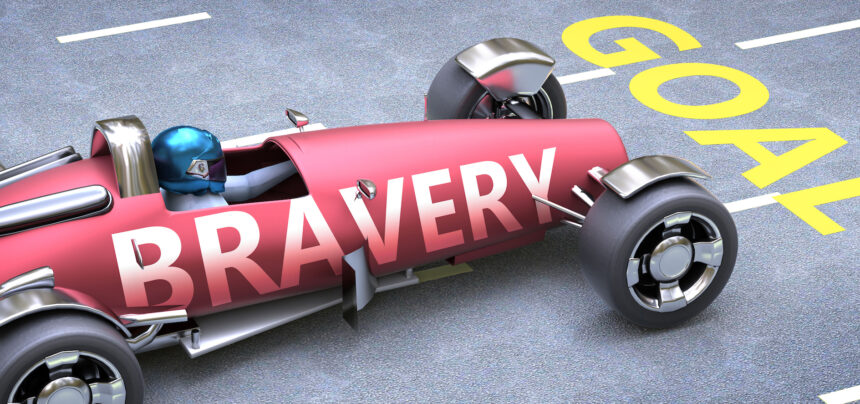This blog was written by Hina Wain, a therapist in training who interned at Centered Therapy Chicago this past year.
Part 2: Self-Compassion and Radical Bravery
There is a common misconception that self-compassion is simply “making excuses” for passivity, complacency, or avoidance of responsibility. There may be a tendency to reject the kindness directed at the self if it is mislabeled as selfishness. This may be more be particularly true if our sense of self is interwoven with others in a collectivist community or if there may be inflexible expectations of socially determined ideals.
What if we viewed self-compassion as a form of radical bravery?
Self-compassion requires confronting our own suffering, feelings of inadequacy, or outright failures. It is a radically brave way to approach oneself with understanding and warmth as opposed to cold indifference or relentless self-criticism. This practice of self-compassion becomes increasingly radical in a society where our differences can feel magnified, and our experiences can feel isolated.
What if we viewed self-compassion as a way to connect with our shared humanity?
Self-compassion requires identifying ourselves as imperfect people who make mistakes and face challenges as part of the shared human experience. This can seem difficult when it appears that everyone else in our lives or on social media is exclusively collecting success after success. As a child of immigrants, the choice of a non-traditional career path or partnership may be sore spots that raise concerns about disappointing others – I know they were for me. Through self-compassion, I found the strength to tolerate failure, to manage disappointment, and to accept my imperfections.
What if we viewed self-compassion as a way to free ourselves from suffering?
Self-compassion requires a balanced approach to “negative” emotions, which does not suppress or exaggerate them, but mindfully holds them in present awareness without judgment. Kristin Neff said, “painful feelings are, by their very nature, temporary. They will weaken over time as long as we don’t prolong or amplify them through resistance or avoidance. The only way to eventually free ourselves from debilitating pain, therefore, is to be with it as it is. The only way out is through.” There is an underlying idea that one cannot heal from a wound they never attend to. Just as we cannot be compassionate when we get swept away by our feelings to such a degree that all perspective is lost to self-pity.

